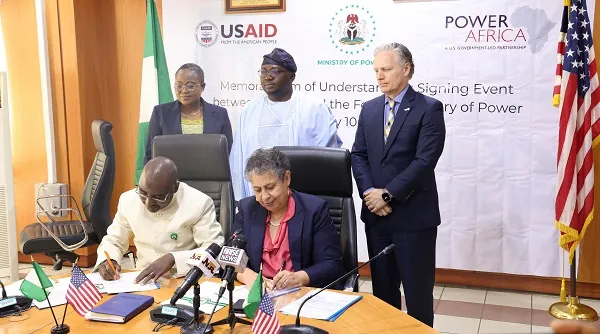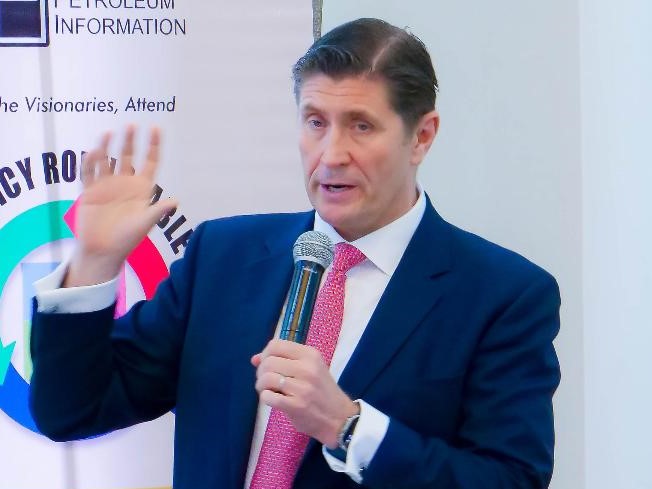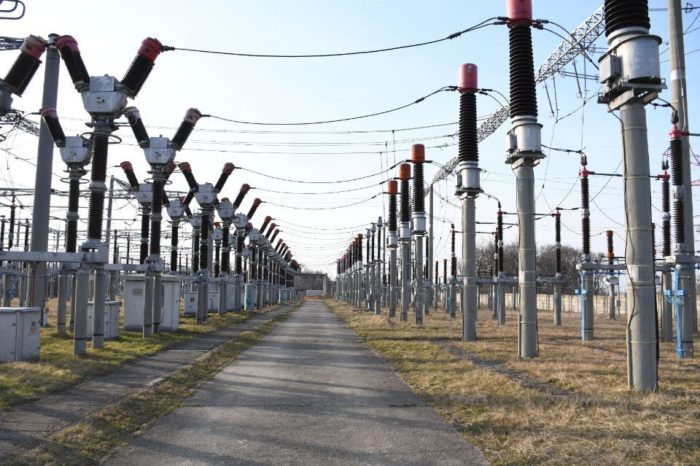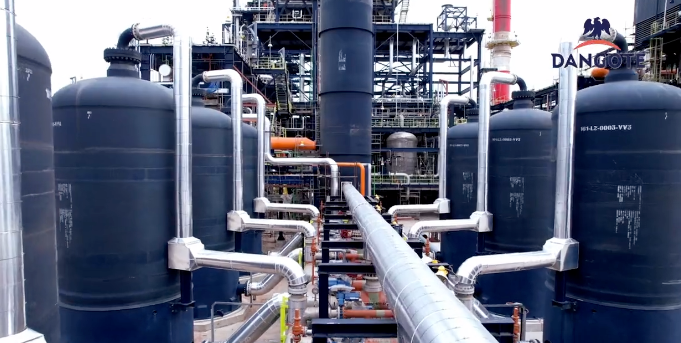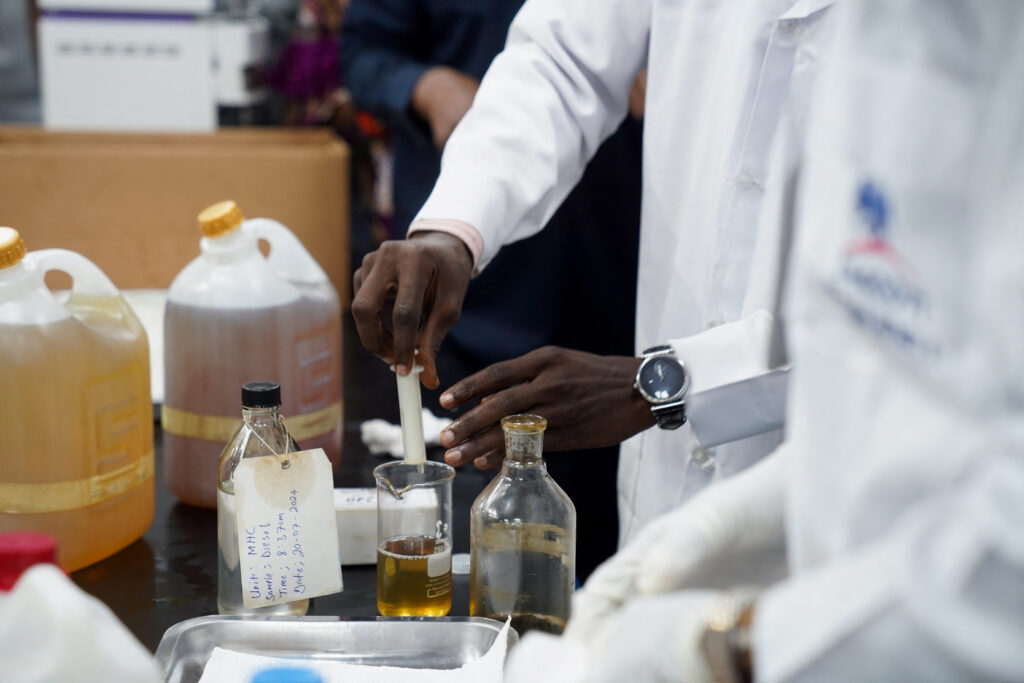Osinbajo drums up support for cleaner energy to achieve Net-Zero Emissions by 2050

Solomon Ezeme
The Federal Government has expressed fears over the possibility of country achieving Net-Zero Emissions by 2050, given the low level of investments in the renewable energy industry and the current withdrawal of support for gas projects by various international donor/lending organizations, through unfavourable diplomacies.
Vice President Yemi Osinbajo (represented by the Minister of State for Power, Goddy Jedy-Agba), on Friday, during the World Energy Day Discourse at the Abuja Chamber of Commerce and Industry (ACCI), expressed government’s worries over the ever-decreasing Investments in renewables, and in Nigeria’s upstream, midstream and downstream Gas Projects.
He explained that this development portents huge risks for the nation as it prepares itself to join the rest of the world in the fight against climate change and carbon emissions through a transitioning to gas, by 2050.
He emphasized that the nation will encounter some level of difficulty in its bid to transition to the usage of gas if the present global trend is not reversed.
“The risks of trying to make 30-year commitments to reaching net-zero were plain and apparent for all to see.
“The Economist reported that since May, the combined prices of oil, coal and gas increased by 95 per cent. It was also reported that Britain has turned back on some coal-fired power stations.
“I surely believe that the energy transition was not meant to make energy less available and unaffordable. These events if not handled carefully may turn global public sentiment against climate change policies,” he said.
He lamented the fact that international lenders are not only withdrawing their supports for investments in fossil fuels but also for gas which he considers cleaner than the former.
He also pointed out that there still exists an imbalance in energy mix as these financial institutions are yet to give enough support for renewable energy projects.
“Later, climate change policy (particularly in the West) began to turn against gas with very strict policies from many lenders against even funding upstream, midstream or downstream Gas projects.
“This has created the proverbial “Chickens coming home to roost” scenario we face today with insufficient gas investment without commiserate replacement by renewables leading to scarcity and high prices,” he said.
The Vice President, however, stated that the Government will not relent in its effort towards the utilization of gas through it “Decade of Gas” initiative, as it is both a clean source of energy and is presently in abundance.
He explained that the country will need gas to prepare itself for an eventual departure from the era of fossil fuels.
He stated that the country has to expand storage capacity to increase the use of renewables while it continues to consume from its available gas reserve.
“We cannot execute this transition without gas. This particularly impacts Nigeria as in some respects we are more of a gas country than even oil.
“DPR reported in June that we have 207 trillion cubic feet of proven gas reserves. The world cannot move to electric cars overnight, the world cannot expand renewables without stable baseload.
“Gas enables this transition with options for auto gas on vehicles and even more importantly gas power to replace dirty coal plants across the world.
“Gas is cleaner than coal or oil and initially was touted as a critical transition fuel,” Prof Osinbajo said.



